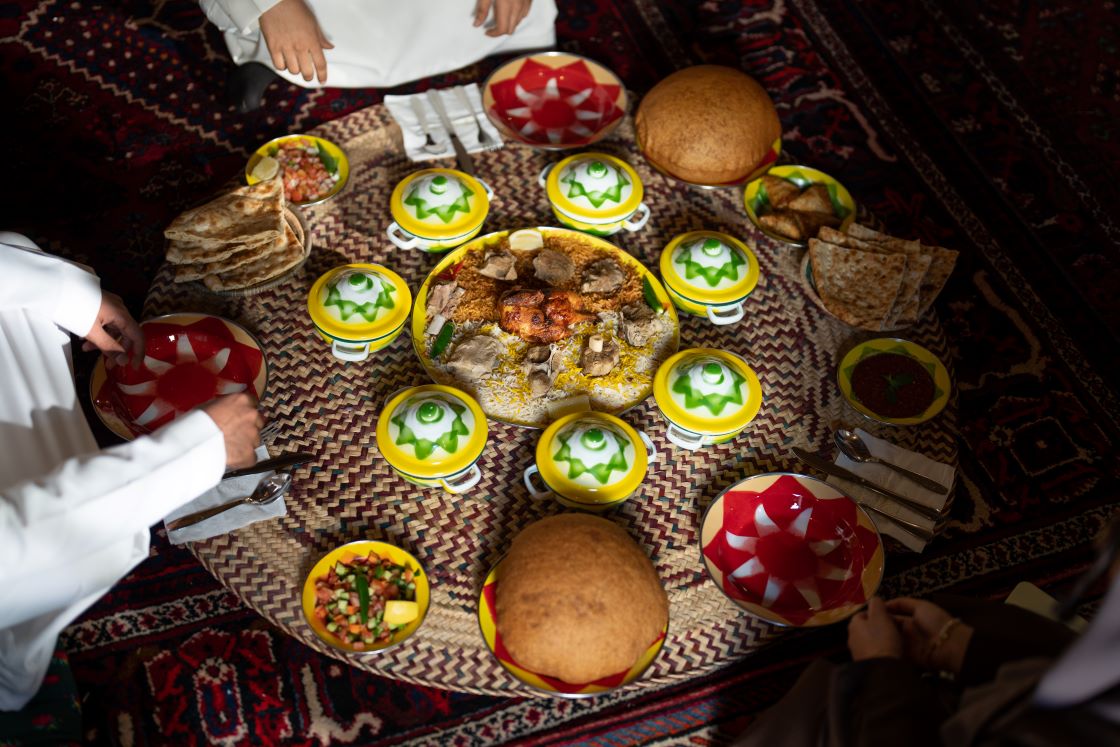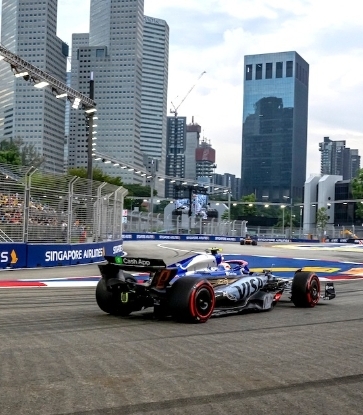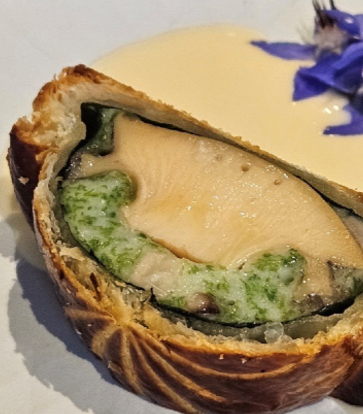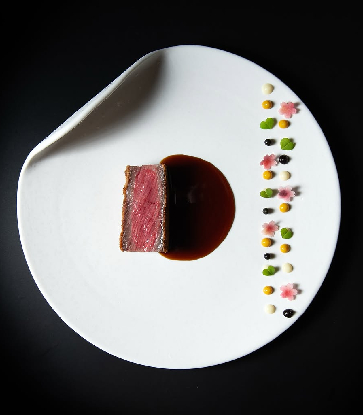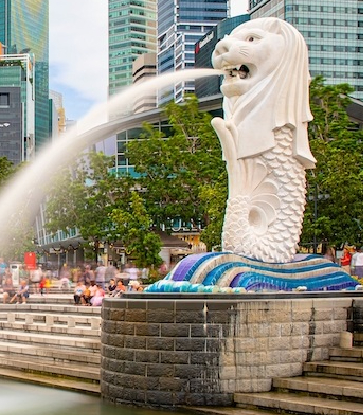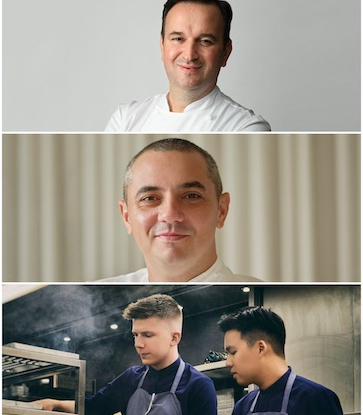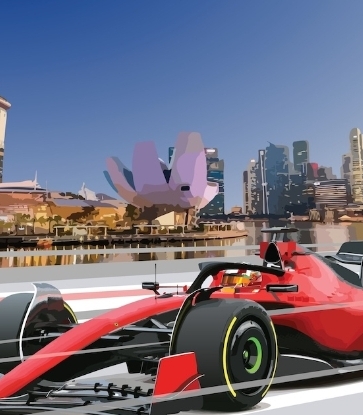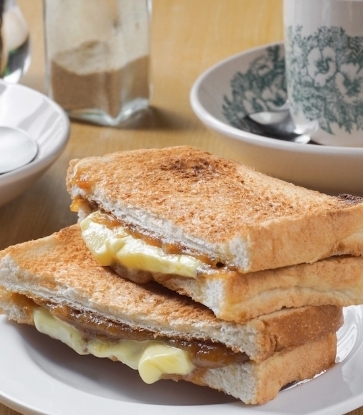The inspection process often comes under scrutiny when the MICHELIN Guide strews its stars across a new country or city. And with it comes a slew of misunderstandings and expectations. We get Michael Ellis, International Director of the MICHELIN Guides, to clear the air on hot-button topics surrounding the launch of the MICHELIN Guide Singapore, while shedding light on the cornerstone of the guide’s long prevailing success and why an international team of restaurant inspectors, too, can assess local cuisine.
A lot of critics say that the guide is not covering a large area. What’s your take on that?
We can’t cover everything but as we grow and with every year’s guide, we will continue to grow and expand more.
(Related: History of the MICHELIN Guide)
During the inaugural edition of the MICHELIN Guide Singapore in 2016, a few restaurants in Resorts World Sentosa won the stars. Will restaurants that sponsors work with get “special attention”?
The cornerstone of MICHELIN Guide’s success is our total independence. Our inspection process and awarding of stars is sacrosanct to the guide and this independence from sponsors or partners is non-negotiable.
How many inspectors were involved in the Singapore guide? And which countries are they from?
We never disclose the number of inspectors making the selection. Singapore is an international city, with a broad range of international cuisine alongside the local cuisine. The team of inspectors will therefore be international and made up of inspectors of different nationalities, be they European, American and Asian. As with many other cities where we launch the guide for the first time, we always have an international panel of inspectors. As we grow, we will aim to follow our MICHELIN Guide standard operating procedure to have local inspectors based in the cities where we publish.

What kind of groundwork do your inspectors do? And how many restaurants and visits do they make each time?
The editor of the MICHELIN Guide allocates the different areas to be inspected and assigns inspectors. Once the inspectors receive their schedule of work, it is up to them to plan their visits. Before going out on the ground, they prepare their week’s work: they read the press, customer reviews, ask hotels and shop keepers... It is real fieldwork! They do their homework, they check out the establishments which have the best chance of being in the guide.
We cannot reveal the exact number but I can say, we visited hundreds and hundreds of food establishments over 12 months to come up with these featured in the guide.
But will they know local food?
Food is a very universal thing and while we aim to have local inspectors in every country we publish, the first edition is usually done by a panel of International inspectors. Given that we use the same criteria when inspections are being carried out, and given that Singapore has a high concentration of good quality food across various cuisines, the same can be said of whether Singaporeans can be experts on any non-local cuisine such as French or European cuisine. Ultimately, we use our five publicly acknowledged criteria, which are:
1. The quality of ingredients used
2. The mastery of the cooking and flavours
3. The personality of the chef as expressed in the cuisine
4. Consistency, both over time and across the entire menu
5. Value for money
And these criteria guide us across all our inspections, everywhere in the world.




